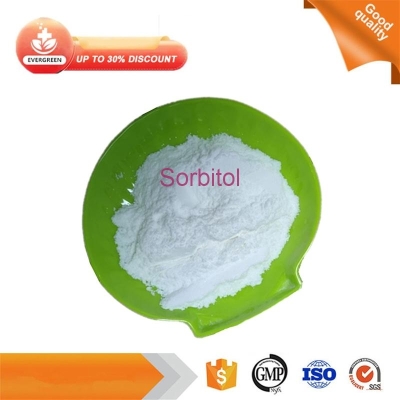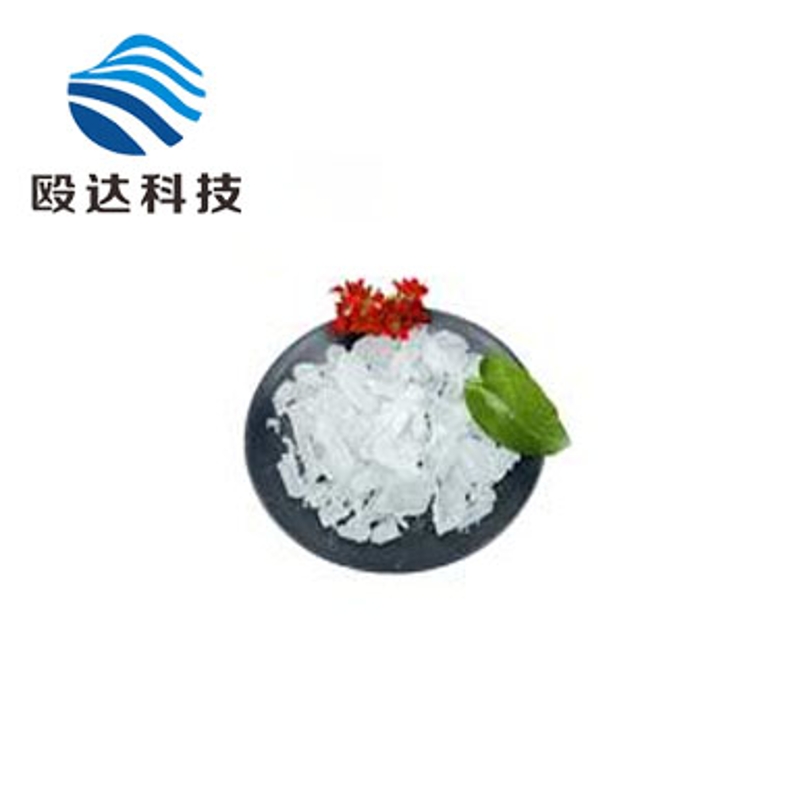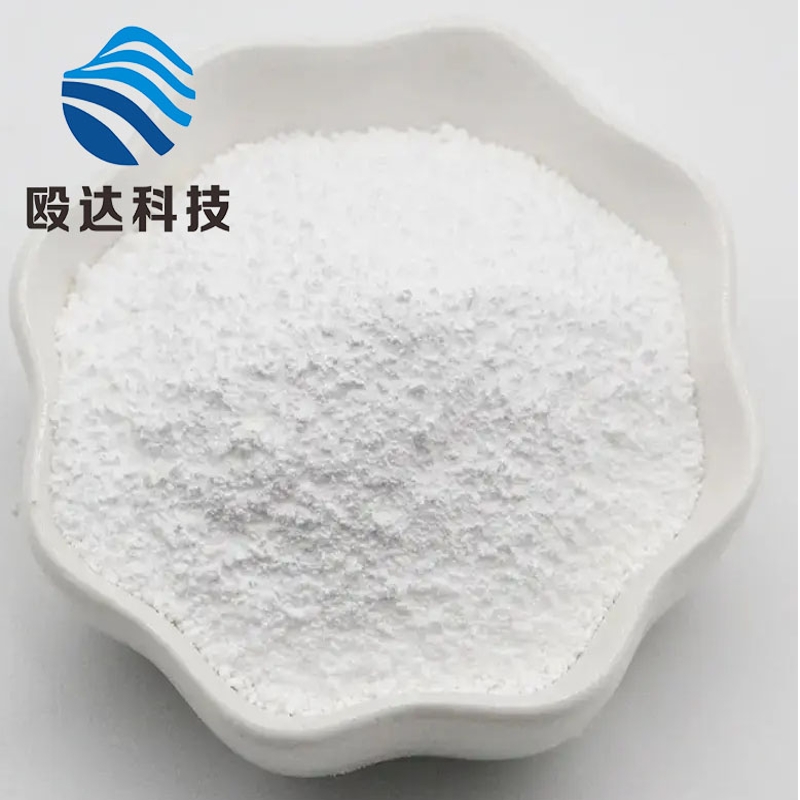-
Categories
-
Pharmaceutical Intermediates
-
Active Pharmaceutical Ingredients
-
Food Additives
- Industrial Coatings
- Agrochemicals
- Dyes and Pigments
- Surfactant
- Flavors and Fragrances
- Chemical Reagents
- Catalyst and Auxiliary
- Natural Products
- Inorganic Chemistry
-
Organic Chemistry
-
Biochemical Engineering
- Analytical Chemistry
- Cosmetic Ingredient
-
Pharmaceutical Intermediates
Promotion
ECHEMI Mall
Wholesale
Weekly Price
Exhibition
News
-
Trade Service
On February 11-13, 2021, local time in the United States, the American Society of Clinical Oncology Annual Meeting of Urogenital Tumors (ASCO GU) was held online.
During the conference, in the abstract express session, there are two studies related to the immunotherapy of prostate cancer.
Let's take a look! KEYNOTE-365 study B cohort analysis background: systemic treatments (for example, docetaxel and cabazitaxel) can improve the survival rate of patients with metastatic castration-resistant prostate cancer (mCRPC), but more effective treatments are still needed .
KEYNOTE-365 is a phase Ib/II study designed to evaluate the efficacy and safety of pembrolizumab in combination with 4 different drugs (groups A, B, C, and D) for mCRPC patients.
The previous data of cohort B (at a median follow-up of 20 months) showed that pembrolizumab + docetaxel + prednisone showed good results in mCRPC patients who were previously treated with abiraterone or enzalutamide.
Tolerance and anti-tumor activity.
The meeting announced the latest efficacy data and safety data after an additional 1 year of follow-up.
Methods: Cohort B enrolled mCRPC patients who did not respond to or did not tolerate chemotherapy (abiraterone or enzalutamide [≥4 weeks]) and progressed within 6 months after screening (PSA progress or radioactive bone/soft tissue progress) .
The enrolled patients received pembrolizumab (Q3W, 200 mg, intravenous injection) + docetaxel (75 mg/m2 IV Q3W intravenous injection) + prednisone (5 mg, oral, twice a day).
The primary endpoints are safety, PSA remission rate (PSA remission rate is >50% lower than baseline), and objective remission rate (ORR) assessed by the Independent Blind Center (BICR).
Results: The median age of 104 patients was 68 years, 23.
1% of patients were PD-L1 positive (PD-L1 CPS≥1), 25% of patients had visceral metastases, and 50% of patients had measurable lesions.At a median follow-up of 32.
4 months, the ORR of cohort B was 23.
1%, the DCR was 76%, the median DOR was 8 months, and the median time to PSA progression was 29.
3 months.
The most common (≥30%) treatment-related adverse events in the analysis of efficacy are diarrhea (41.
3%), fatigue (41.
3%) and hair loss (40.
4%).
The incidence of treatment-related adverse events of grade 3~5 was 44.
2%.
Conclusion: The results of an additional 1 year follow-up showed that pembrolizumab+docetaxel+nipredone showed better ORR and PSA remission rates compared with patients in the database who received abiraterone or enzalutamide.
The safety is consistent with that of a single drug.
Phase III KEYNOTE-921 will further verify the efficacy.
Clinical trial information: NCT02861573CheckMate 9KD study B cohort final results update Background: CheckMate 9KD is a phase II study to evaluate the efficacy and safety of nivolumab + rucaparib + docetaxel or enzalutamide in mCRPC patients Sex.
Nivolumab shows limited anti-tumor activity in mCRPC patients.
Docetaxel is a standard chemotherapy regimen in mCRPC patients.
It can enhance the anti-tumor immune response of immune checkpoint inhibitors.
Therefore, docetaxel + sodium Wuliyuumab can be used in combination.
In this meeting, the researchers announced the final results of CheckMate 9KD study B cohort (nivolumab + docetaxel).
Methods: Cohort B enrolled mCRPC patients who had not undergone chemotherapy, were undergoing androgen deprivation treatment, and had previously received at most 2 new anti-androgen therapies (such as abiraterone, enzalutamide).
The enrolled patients received nivolumab (360mg) + docetaxel (75 mg/m2 Q3W) + prednisone (5mg, BID) for up to 10 cycles, followed by nivolumab (480 mg) Q4W) until the disease progresses or unacceptable toxicity (up to 2 years).
The primary endpoints were ORR and PSA remission rate (PSA reduction ≥50%).
Secondary endpoints include rPFS, overall survival (OS), and safety.
Results: The median age of 84 patients was 71 years, 27% had visceral metastases, 54% had measurable lesions, the median number of cycles of docetaxel treatment was 8, and the median dose of nivolumab The number was 11.
At a median follow-up of 15.
2 months, the ORRs of patients who received or did not receive new anti-androgen therapy were the same.
The ORRs were 38.
7% and 42.
9%, respectively.
The median rPFS was 8.
7 months and 12 months, respectively.
The bit OS was 16.
2 months and not reached, respectively.
Among the 45 patients with measurable lesions, 1 patient (2.
2%) achieved complete remission, and 17 (37.
8%) patients achieved partial remission.
The most common treatment-related adverse events in the analysis of the efficacy of the table were fatigue (39.
3%), diarrhea (35.
7%) and hair loss (34.
5%).
47.
6% of patients had grade 3 to 4 treatment-related adverse events, the most common being neutropenia (16.
7%).
Treatment-related adverse events led to discontinuation of the drug in 29.
8% of patients.
The most common immune-related adverse events were related to the gastrointestinal tract (35.
7%) or skin (26.
2%).
Conclusion: Regardless of whether you have received new anti-androgen therapy in the past, nivolumab + docetaxel shows encouraging anti-tumor activity in mCRPC patients without chemotherapy, and the safety is consistent with each single agent.
The results of the study support the further phase III CheckMate 7DX, which aims to explore the effectiveness and safety of nivolumab + docetaxel versus placebo + docetaxel for mCRPC.
Clinical trial information: NCT03338790
During the conference, in the abstract express session, there are two studies related to the immunotherapy of prostate cancer.
Let's take a look! KEYNOTE-365 study B cohort analysis background: systemic treatments (for example, docetaxel and cabazitaxel) can improve the survival rate of patients with metastatic castration-resistant prostate cancer (mCRPC), but more effective treatments are still needed .
KEYNOTE-365 is a phase Ib/II study designed to evaluate the efficacy and safety of pembrolizumab in combination with 4 different drugs (groups A, B, C, and D) for mCRPC patients.
The previous data of cohort B (at a median follow-up of 20 months) showed that pembrolizumab + docetaxel + prednisone showed good results in mCRPC patients who were previously treated with abiraterone or enzalutamide.
Tolerance and anti-tumor activity.
The meeting announced the latest efficacy data and safety data after an additional 1 year of follow-up.
Methods: Cohort B enrolled mCRPC patients who did not respond to or did not tolerate chemotherapy (abiraterone or enzalutamide [≥4 weeks]) and progressed within 6 months after screening (PSA progress or radioactive bone/soft tissue progress) .
The enrolled patients received pembrolizumab (Q3W, 200 mg, intravenous injection) + docetaxel (75 mg/m2 IV Q3W intravenous injection) + prednisone (5 mg, oral, twice a day).
The primary endpoints are safety, PSA remission rate (PSA remission rate is >50% lower than baseline), and objective remission rate (ORR) assessed by the Independent Blind Center (BICR).
Results: The median age of 104 patients was 68 years, 23.
1% of patients were PD-L1 positive (PD-L1 CPS≥1), 25% of patients had visceral metastases, and 50% of patients had measurable lesions.At a median follow-up of 32.
4 months, the ORR of cohort B was 23.
1%, the DCR was 76%, the median DOR was 8 months, and the median time to PSA progression was 29.
3 months.
The most common (≥30%) treatment-related adverse events in the analysis of efficacy are diarrhea (41.
3%), fatigue (41.
3%) and hair loss (40.
4%).
The incidence of treatment-related adverse events of grade 3~5 was 44.
2%.
Conclusion: The results of an additional 1 year follow-up showed that pembrolizumab+docetaxel+nipredone showed better ORR and PSA remission rates compared with patients in the database who received abiraterone or enzalutamide.
The safety is consistent with that of a single drug.
Phase III KEYNOTE-921 will further verify the efficacy.
Clinical trial information: NCT02861573CheckMate 9KD study B cohort final results update Background: CheckMate 9KD is a phase II study to evaluate the efficacy and safety of nivolumab + rucaparib + docetaxel or enzalutamide in mCRPC patients Sex.
Nivolumab shows limited anti-tumor activity in mCRPC patients.
Docetaxel is a standard chemotherapy regimen in mCRPC patients.
It can enhance the anti-tumor immune response of immune checkpoint inhibitors.
Therefore, docetaxel + sodium Wuliyuumab can be used in combination.
In this meeting, the researchers announced the final results of CheckMate 9KD study B cohort (nivolumab + docetaxel).
Methods: Cohort B enrolled mCRPC patients who had not undergone chemotherapy, were undergoing androgen deprivation treatment, and had previously received at most 2 new anti-androgen therapies (such as abiraterone, enzalutamide).
The enrolled patients received nivolumab (360mg) + docetaxel (75 mg/m2 Q3W) + prednisone (5mg, BID) for up to 10 cycles, followed by nivolumab (480 mg) Q4W) until the disease progresses or unacceptable toxicity (up to 2 years).
The primary endpoints were ORR and PSA remission rate (PSA reduction ≥50%).
Secondary endpoints include rPFS, overall survival (OS), and safety.
Results: The median age of 84 patients was 71 years, 27% had visceral metastases, 54% had measurable lesions, the median number of cycles of docetaxel treatment was 8, and the median dose of nivolumab The number was 11.
At a median follow-up of 15.
2 months, the ORRs of patients who received or did not receive new anti-androgen therapy were the same.
The ORRs were 38.
7% and 42.
9%, respectively.
The median rPFS was 8.
7 months and 12 months, respectively.
The bit OS was 16.
2 months and not reached, respectively.
Among the 45 patients with measurable lesions, 1 patient (2.
2%) achieved complete remission, and 17 (37.
8%) patients achieved partial remission.
The most common treatment-related adverse events in the analysis of the efficacy of the table were fatigue (39.
3%), diarrhea (35.
7%) and hair loss (34.
5%).
47.
6% of patients had grade 3 to 4 treatment-related adverse events, the most common being neutropenia (16.
7%).
Treatment-related adverse events led to discontinuation of the drug in 29.
8% of patients.
The most common immune-related adverse events were related to the gastrointestinal tract (35.
7%) or skin (26.
2%).
Conclusion: Regardless of whether you have received new anti-androgen therapy in the past, nivolumab + docetaxel shows encouraging anti-tumor activity in mCRPC patients without chemotherapy, and the safety is consistent with each single agent.
The results of the study support the further phase III CheckMate 7DX, which aims to explore the effectiveness and safety of nivolumab + docetaxel versus placebo + docetaxel for mCRPC.
Clinical trial information: NCT03338790







